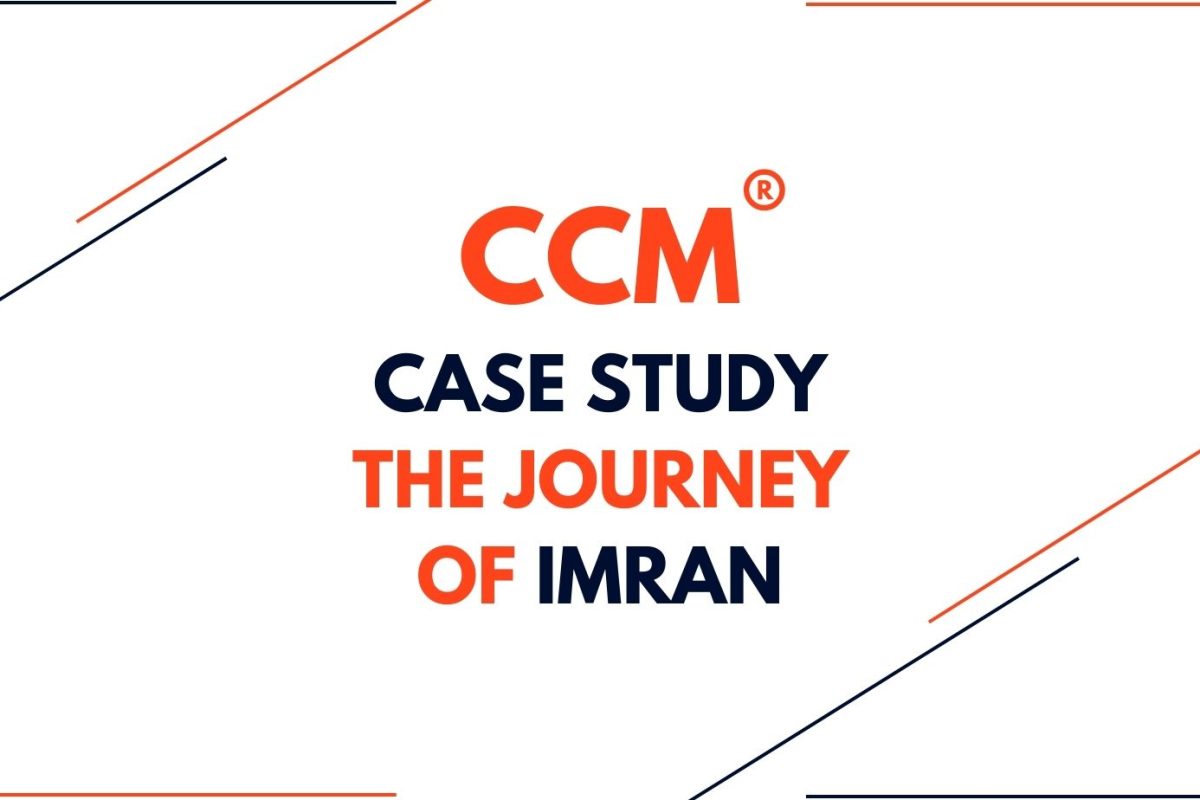Introduction:
Company: XYZ Company
Employee: Imran
Training Program: Certified Construction Manager (CCM) Training Program by CMCI® (Construction Management Certification Institute)
Objective: To examine the influence of CCM Training on Imran’s technical expertise and the resulting improvements in the construction process.
Background:
Imran, a skilled construction professional at XYZ Company, was encouraged by the company to enroll in the Certified Construction Manager (CCM) Training Program provided by CMCI®. The company recognized the potential benefits of this prestigious program in enhancing Imran’s construction management skills and driving technical changes to improve the construction process.
Methodology:
To assess the impact of the CCM Training on Imran’s performance and the construction process, XYZ Company conducted a comprehensive case study with the following approach:
1. Pre-Training Evaluation: Imran’s existing technical skills and knowledge were assessed as a starting point to gauge the progress and effectiveness of the training.
2. CCM Training: Imran undertook the intensive CCM Training Program, which encompassed key elements of construction management, project planning, risk management, and construction techniques.
3. Implementation of Technical Changes: Following the completion of the training, Imran actively applied the newly acquired knowledge to identify areas in the construction process that could be enhanced. He proposed and implemented technical changes to optimize operations, enhance safety protocols, and elevate overall project efficiency.
4. Post-Training Assessment: XYZ Company conducted a post-training evaluation to measure the impact of the CCM Training. The assessment primarily focused on evaluating Imran’s performance improvement and the tangible benefits realized through the technical changes in the construction process.
Results:
1. Enhanced Technical Expertise: The CCM Training Program significantly enhanced Imran’s technical prowess in construction management. He gained valuable insights into industry best practices, which allowed him to approach challenges with a more comprehensive and informed perspective.
2. Improved Construction Process: Armed with his newfound knowledge, Imran successfully implemented technical changes in the construction process. These modifications resulted in smoother workflows, reduced project delays, and better resource allocation, leading to enhanced project outcomes.
3. Safety and Quality Enhancements: Imran’s technical changes also emphasized the importance of safety measures and quality control in construction projects. As a result, the overall safety performance improved, and the construction quality achieved new heights.
4. Recognition and Leadership: Imran’s dedication and success in implementing technical improvements earned him recognition from both management and his peers. He was entrusted with leadership responsibilities on key projects, and his contributions became a source of inspiration for his colleagues.
Conclusion:
Imran’s CCM Training by CMCI® transformed construction at XYZ Co. With enhanced skills, he made technical changes that boosted efficiency, safety, and quality. The investment in professional development paid off, elevating capabilities and project success.




